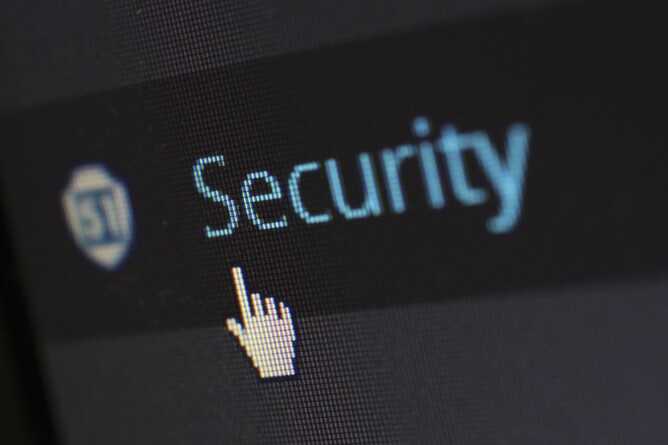Many businesses do their non-cash banking via the Internet. It’s convenient and fast, but it can expose the business to fraudulent operators that use a range of electronic trickery to loot online accessible bank accounts. There are a number of things you can do to protect your business from these con artists.
Protect your passwords
Make your password hard to guess. Don’t use things like birthdays, telephone numbers or street addresses as passwords and don’t use the same password for more than one account. The best passwords are meaningless. e2Kb5C1dd isn’t going to be easily guessed, nor is it likely to be generated by a random password generating programme used by the conmen. Your password will be even safer if you change it regularly - every month is a good idea.
Restrict knowledge of details like user names and passwords to as few people as possible, and don’t write them down even if you think you’ve disguised them by converting them to phone numbers.
Be careful using the Internet
Be sure nobody is observing you whenever you enter your user name and password to access your bank account. Don’t use a computer outside the office to access your account unless it’s absolutely necessary. Always key in the bank’s Internet address; don’t go there by clicking on a link in an email - it could be taking you to a false address. Look for a padlock symbol in the bottom right hand corner of your browser. It denotes an encrypted site that ensures a secure transmission of data.
Be sure that any computer you use to do Internet banking has a firewall and antivirus software installed. When you finish your browser session log out and close the browser, and even when using the computer in your office don’t leave it unattended while you’re logged on to the banking website. It’s even better to take your computer offline when you’re not using it.
Keep virus protection up to date
Viruses are bad enough when they pop up annoying advertisements or cause your PC to stop functioning. They also have the ability to hide a hidden code that can transmit your banking details to a third party or allow someone to take control of your computer.
You should update your antivirus software each day or at least before beginning any online banking session. You also need a firewall that acts as a ‘gatekeeper’ between your computer and the Internet. This is most important for anyone using a cable or wireless modem.
Never open email attachments from unknown sources; these attachments, no matter what they might seem to be, can contain viruses. Even attachments from someone you know can be a ‘spoof’ and have been sent without their knowledge. Caution at all times is required.
Beware of hoax emails
You may receive an email from your bank or other financial institution requesting you to ‘confirm’ your login information or to reveal your password in some other way. These are common hoaxes.
If you do receive one of these hoax emails delete it and notify the financial institution. Don’t click on any links within the email and never provide the sender with any information. Many of these hoax emails contain viruses or will take you to a site where a virus can be loaded onto your computer without your knowledge.



